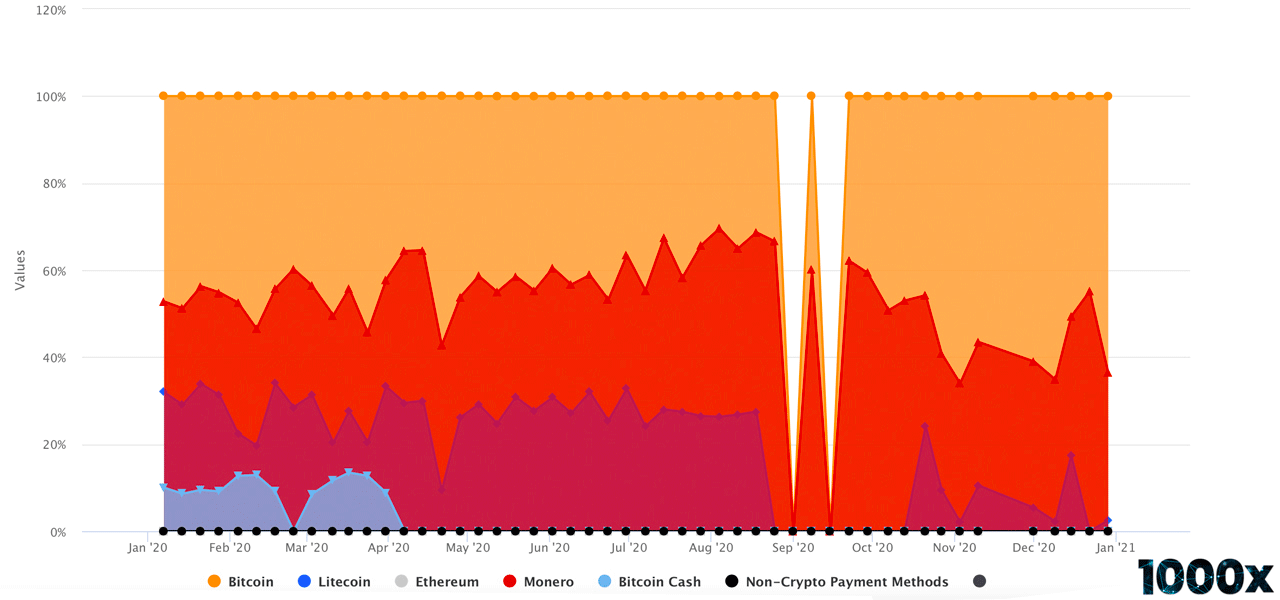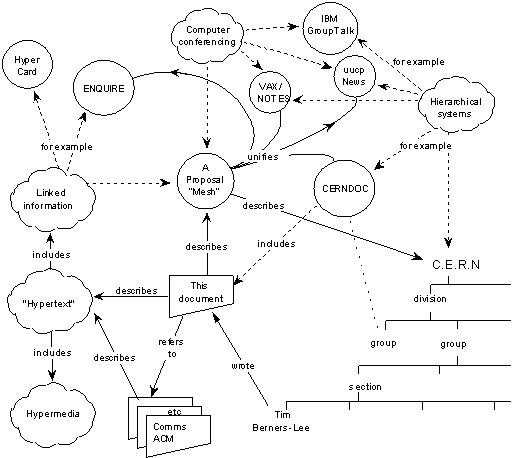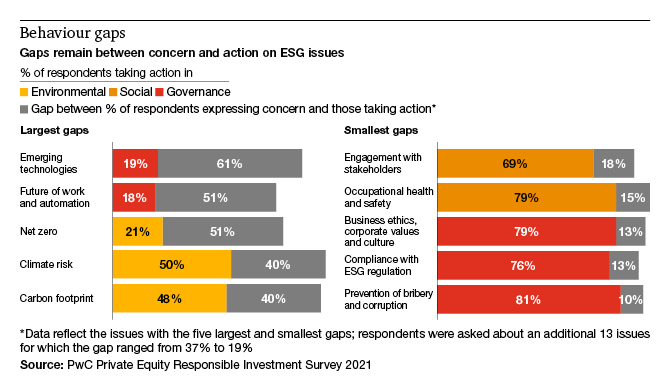Investors, cryptocurrencies, and fighting the rise of the dark web

There is a part of the internet that is wholly inaccessible to public search engines. This area of the internet has become known in the popular slang as the “dark net” or “dark web”.
It is “dark” because it is hidden from conventional online access, and it is also “dark” because it is mostly used for nefarious purposes such as child pornography, human and organ trafficking, sexual deviances, drug use, weapons trade and so on.
One needs special tools to access the Dark Web, the place where the users’ activities are anonymised, and where their activities are more difficult to track. To access it, one requires specialised encryption software and browser protocols – and the only path inside that “darkness” is via the The Onion Router (TOR).
What may not be commonly known is that TOR was created by the US Government to enable the fully secure and anonymous exchange of information between its various intelligence services’ staff and agents. What may be even less known is the fact that no more than 10% of the total web accessibility is open (there are numerous articles and studies that position this between 5%-10% of the total web usage) – all else happens in the shadows of either the deep or the dark web.
With untraceable cryptocurrency as the primary means of payment, Bitcoin became popular to pay for illegal goods on the Silk Road (dark web marketplace). Today, however, Monero – a cryptocurrency – appears to be the most favourite way of payment for most of the dark web’s illicit transactions.

It is worth noting that the dark web does have its merits, as clearly articulated by Aditi Kumar, the executive director of the Belfer Center for Science and International Affairs at Harvard University’s John F. Kennedy School of Government, in an article for The International Monetary Fund’s Magazine, “Finance and Development” (Vol.56, No. 3, 2019):
“For individuals living under oppressive regimes that block large parts of the internet or punish political dissent, the dark web is a lifeline that provides access to information and protection from persecution. In freer societies, it can be a critical whistleblowing and communication tool that shields people from retribution or judgment in the workplace or community. Alternatively, it can simply deliver privacy and anonymity for those wary of how corporations and governments are tracking, using, and potentially monetizing their data.”
On a more positive side, Government agencies have become increasingly successful in taking down dark web markets, and this could be due to their increased understanding of the Bitcoin blockchain and of how transactions can be successfully traced end-to-end.
An increase in the use of cyber technology like cryptocurrency and ecommerce marketplaces led to an increase in the demand for data privacy. In 2011, the Silk Road (taken down by the FBI in 2013) was created with a view to connect illegal drug sellers with interested buyers online, while protecting their identities and transactions using anonymisation techniques. Its founder, Ross William Ulbricht, is serving a life sentence for his role in creating a safe haven for drug dealers worldwide.
As with all things nefarious, Silk Road’s market “stall” hasn’t been left empty for long. More and more various size trading places popped up, and today the largest of them all is White House Market. According to www.darknetstats.com, White House Market has an excess of 22,000 listings, and over 500,000 users.
What is of particular interest for the purpose of this paper is the fact that, as it can be seen from the stats presented above from www.news.bitcoin.com, cryptocurrencies and even Bitcoin seem to be thriving as a method of payment on the dark web. The dark web has minimal conventional payment transactions, hence the legality of the items either bought or sold is further brought into question.
In April 2021, the global assets in cryptocurrency topped $2 trillion for the first time ever. There are billions of dollars invested in cryptocurrencies and blockchain technologies weekly and, according to Forbes, FTX – a crypto derivatives exchange - closed a record $900 million fundraise at an $18 billion valuation, and boasts $10 billion in daily trading volume, having more than 1 million users worldwide.
Sir Tim Berners Lee allowed his World Wide Web to be available to all, to help all, and to contribute to the betterment of humanity overall – his invention boosted the science and research industries, provided us all with an abundance of opportunities to expand our knowledge but, also, gave rise to a much darker side of humanity; a place in the shadows where illegal transactions and despicable acts take place.

Image credit: Berners-Lee, 1990. Information Management: A Proposal.
The same can be said for much of the novel technologies, especially blockchain and cryptocurrencies. In and of themselves, they are beneficial to technological and economic progress. According to IBM, blockchain provides “enhanced security, greater transparency, and instant traceability. Beyond matters of trust, blockchain delivers even more business benefits, including the cost savings from increased speed, efficiency, and automation. By greatly reducing paperwork and errors, blockchain significantly reduces overhead and transaction costs, and reduces or eliminates the need for third parties or middlemen to verify transactions.”
Additionally, Deloitte argues that some of the benefits of using cryptocurrencies are enabling simple, real-time, and secure money transfers; strengthening control over the capital of the enterprise, and managing the risks and opportunities of engaging in digital investments.
Cryptocurrencies seem to have almost lost their reputation battle since they are the preferred method of payment for all transactions across the dark web. That is not to say that the concept/intent of cryptocurrency or blockchain technology is flawed – far from it; if one were to argue that, one would also have to argue that Sir Tim’s World Wide Web is inherently bad, and there is nothing further from the truth.
For hedge funds, private equity firms, venture capitalists and similar investors, new tech is a goldmine of opportunities – but, as with every new opportunity, the risks posed by just making a very healthy return on investment need further consideration. Simple questions such as “who uses it and why” may open some doors that many would rather see closed for a long time.
According to Long and short-term impacts of regulation in the cryptocurrency market published in The Quarterly Review of Economics and Finance (2021), events that increase the probability of regulation adoption are associated with negative abnormal returns for the cryptocurrencies concerned. This is a clear indication that, unfortunately, many investors are not keen on having a tighter regulation on the use of cryptocurrencies, as this may be seen as hampering their attractiveness as an investment and/or decreasing the return of their various transactions.
No investor – of any type or size – can claim that their investment portfolio is sustainable without having a clear picture of what for and how their money is being used and, most of all, of what the actual product/service they invested in can do.

Image credit: PwC. 2021. Private equity’s ESG journey: From compliance to value creation.
The more investments are being made in sustainable tech companies, the more “circular” the investment portfolio becomes, and cryptocurrencies and blockchain technologies are atop that list.
There is another layer of complexity added to the dark web – that of freedom of expression/speech, without any fear of retribution; a place where conversation can take place in earnest and where privacy is more than respected: it is inherent to the platform.
Furthermore, the dark web is also a place where the security and defence agencies across the world find more than criminals: they find a secure space where they communicate and exchange information, with minimal fear of reprisal from or breach by cyberterrorism.
Artificial Intelligence, Blockchain Technologies and Cryptocurrencies are here to stay. How much they are allowed to be put to good or bad use depends entirely on their users and their investors. Our world today requires collaboration and a concerted effort from regulators, private citizens, large corporations and internet giants to promote accountability, responsibility, sustainability and progress for the humanity, not for just a few.
Main photo by Markus Spiske